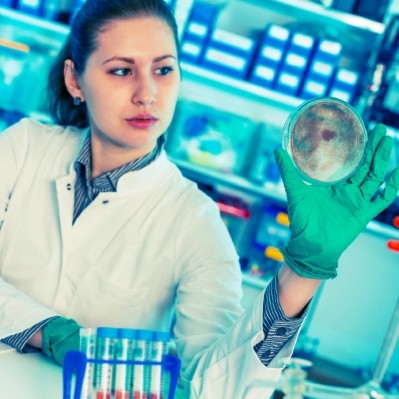Belgium, Netherlands meat sectors face dioxin crisis
cancer-causing chemical was detected in pig and poultry feed used
by hundreds of farms.
The dioxin contamination has put a question mark over Belgium's meat industry which suffered a similar blow in 1999. Then, the industry lost millions of euros either through a quarantine of some 200 Belgian farms, or through the loss of their export markets after some countries imposed bans.
The country ended up slaughtering seven million chickens and 60,000 pigs. The scare, which occurred just before the 1999 general election, played a key part in the landslide defeat of the former government of Jean-Luc Dehaene.
So far only South Korea has banned the import of pork from Belgium and the Netherlands as a result of the discovery.
Belgium's food safety authority has put a quarantine about 300 pig and poultry breeders until they can prove their stock was not fed the dioxin contaminated feed. The agency has also taken suspect pork products from sale.
The Netherlands has also quarantined about 200 businesses that had received feed from the Dutch farm where the dioxin was originally found.
The discovery of the dioxin contamination was first reported by the Netherlands, which on 25 January sent out an EU-wide alert on pig fat originating from Belgium.
The dioxin was discovered in pork fat produced by Profat, according to press releases from the two countries' food safety agencies.
The Belgian food safety agency (FAVV) said yesterday that between 6 and 28 October, two filters at Tessenderlo Chemicals were defective, resulting in untreated hydrochloric acid being delivered to its subsidiary, PB Gelatins. PB Gelatins in turn, supplied animal feed producers with dioxin contaminated ingredients.
FAVV found that that a normal consumption of such the gelatine produced by PB Gelatins is less than 25 per cent of the amount of acceptable dioxin consumption.
" That thus means that there is currently no immediate danger to the public health," the agency stated.
The Belgian food agency has also put under monitoring the stockbreeding customers of Leroy and Algoet, two other feed producers.
The Tessenderlo Group has admitted that a hydrochloric acid filtration problem at their plant is the likely source of the dioxin contamination. In a press release the company said the contaminated feed poses no threat to public health.
"The group regrets that this failure could not been prevented," Tessenderlo stated. "Based on new insights related to PCB's and dioxins Tessenderlo Group plans to intensify the procedures and controls of this type of situations. The company will execute further testing in order to further refine the system. Besides this, it was decided -as an extra precautionary measure with immediate execution- that PB Gelatins will destroy all pig grease that is manufactured in the secondary production process."
Belgium and the Netherlands, along with France and Germany, are among the top pig meat producers in the EU. The Netherlands accounted for about eight per cent of the EU's production in 2000, according to the bloc's figures.






